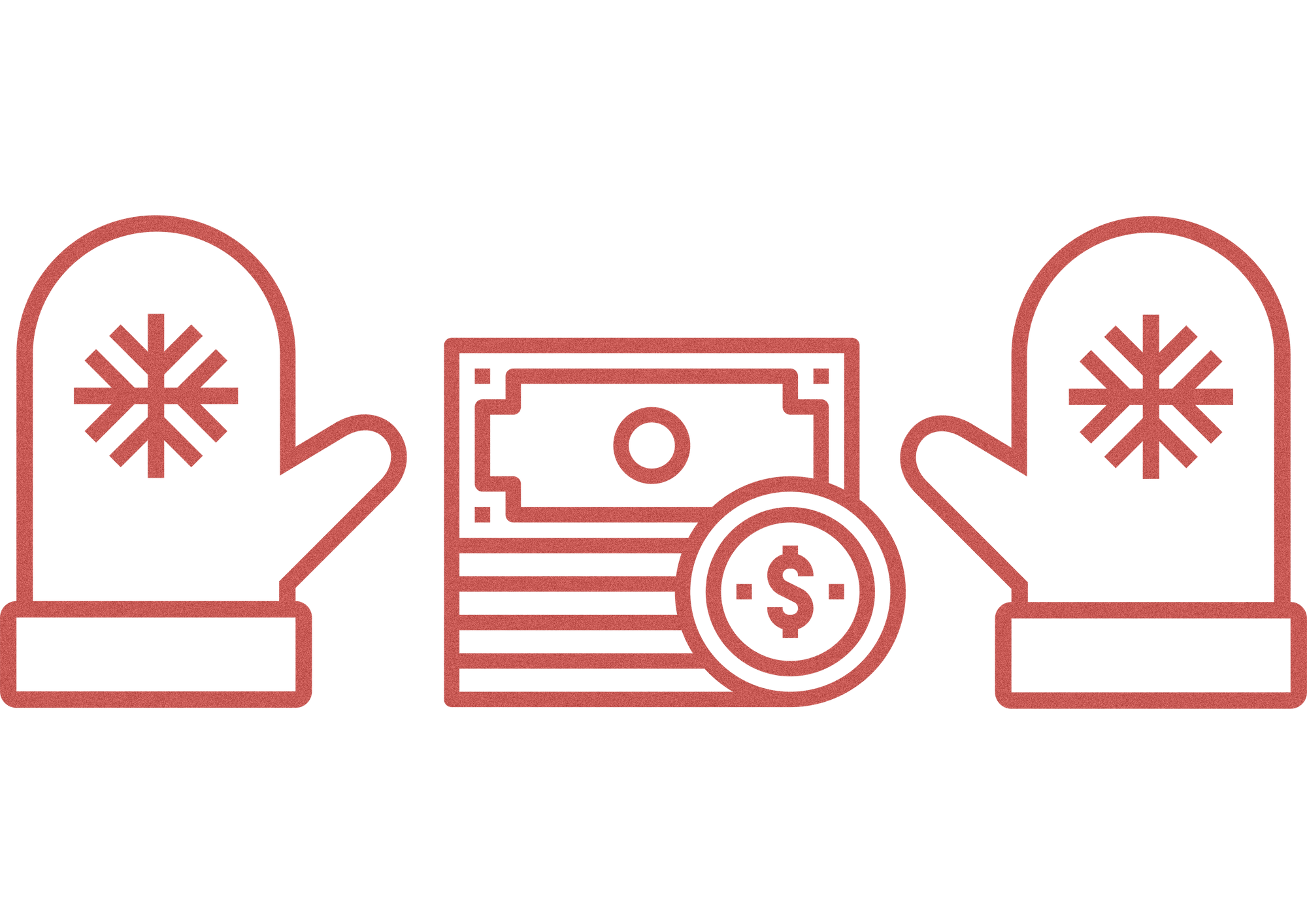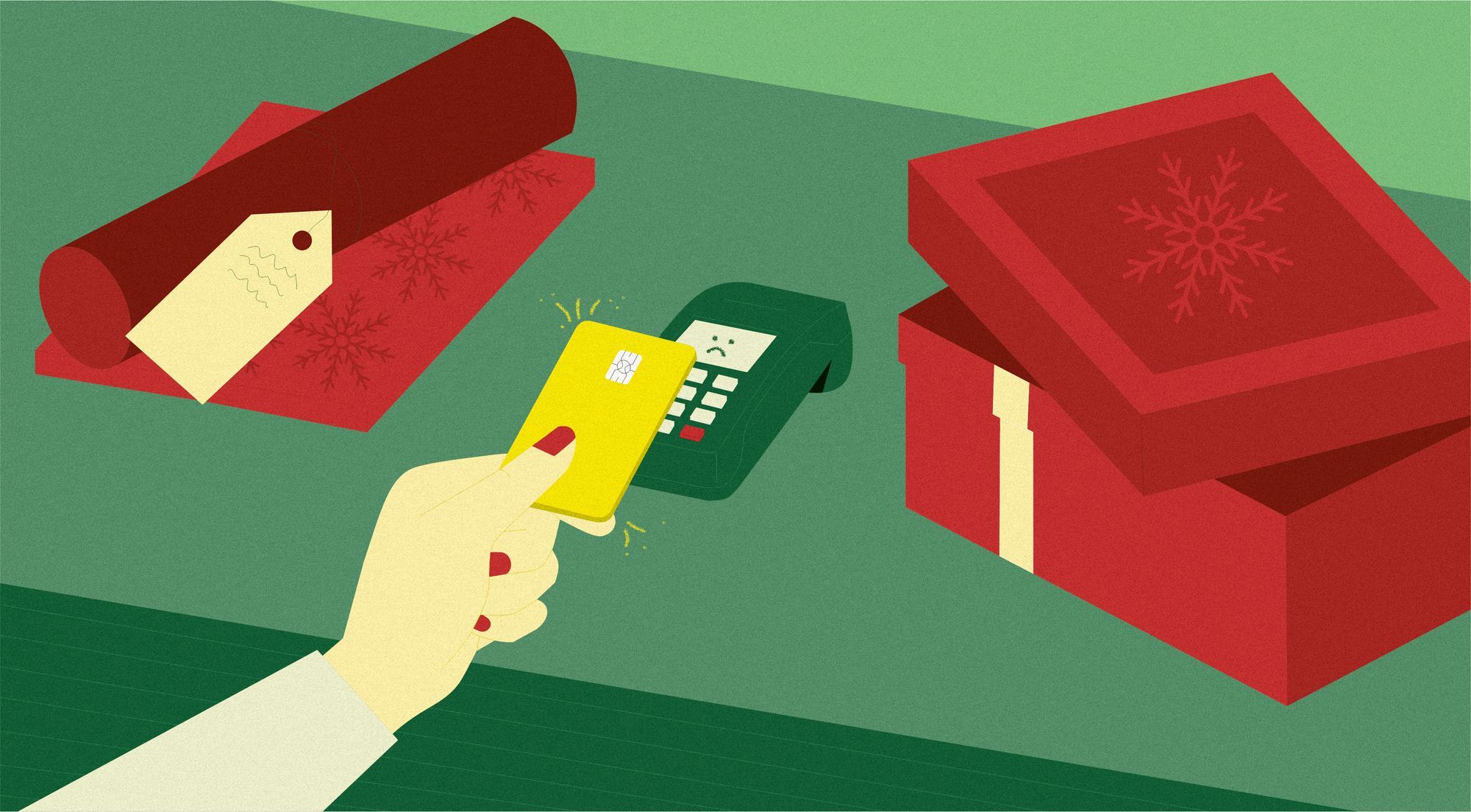In the era of consumerism full of advertisements, the festive season rather means excessive decorations and giant gifts than spending time with our loved ones and relaxing a bit at the end of the year. But this year’s Christmas will be different from the previous ones, with prices skyrocketing, utility bills becoming traumatizing and a war raging in the neighboring country. The question inevitably arises: can this Christmas be celebrated like any other in the past?
Of course, the answer is complex, depending on our individual resources, opportunities, and needs. However, the events of this year can be undoubtedly seen as a lesson: security, material comfort, and the world order we know are not unshakeable pillars of our lives anymore, and wars can break out frighteningly close to us. What can be the conclusions to us from the negative global developments?
For example, it is sure that we will not be preoccupied with the presents this year.
It may sound trite that the holiday season means more than material gifts, but 2022 still gives a new meaning to this saying. In times of crisis, when even basic needs are difficult to meet for a large part of the population, and in a society where social solidarity is insufficient, we should probably not buy an umpteen gift just because of an „unmissable sale” offer. The decades spent in consumerism with advertisements everywhere deeply embedded in our minds that we should constantly buy goods, but maybe it is time to try to change our thinking. Of course, this does not mean that we should completely break with the tradition of buying gifts, but it is probably worth it to be more conscious and buy smaller gifts or give something else instead of material goods, for instance, offering to spend quality time together.

On the one hand, Christmas is a time when most people spend more time with their loved ones, but for many, it is also a stressful, hectic period aiming to fascinate the family. Thus, we often end up more exhausted and stressed at the end of the holidays than we were before the festive season began. It is no coincidence that for many of us, the magic of Christmas gradually fades year after year: the joys of gifts and winter break as a child are replaced by the hustle and bustle of crowded shops and the embarrassing questions from distant relatives. We do not need to blame our parents and grandparents if the decades-old Christmas traditions in our family are more about showing off than genuine love, but maybe we can try to change the pattern this year. It is better late than never: we can encourage the older generations to engage in great conversations and joint activities with us instead of making a seven-course meal in full stress and buying expensive gifts.
And we can also involve the children: we can establish new family traditions with them that are not only more economical but also better for family relations and certainly more in line with the changing 21st century. It will make the holiday much more enjoyable not only for the children, but also for the parents if we teach the minors of our family that Christmas is primarily not about the presents under the tree, but about playing, talking and relaxing together. Moreover, such an attitude will likely make them much less materialistic adults, whom the world will increasingly need.

Concerning relationships between adults, if we want to limit our Christmas gift traditions and not necessarily buy something, here are some tips: we can make dinner for someone, give DIY gifts, or do an activity together. These options are more personal and certainly worth more to our parents (or anyone else) than the newest robot vacuum. It is not written in stone either that Christmas presents should be a surprise. As an adult, especially after the turbulent months of 2022, asking what the other person really needs is a smart choice, and it does not kill the festive mood at all.
Besides the gifts, it is also worth drawing the line regarding the menu and the decoration. The extravagant holiday dishes manifest a pretentious culture that has no place in today's challenging world anymore. Festive tables full of food are often merely a status symbol of material prosperity leading to unnecessary food waste. Maybe this example is less typical for Hungarian households; still, many Hungarian families’ holiday schedule is dominated by hours of baking and cooking to impress the guests exhaustedly with a plethora of dishes. In reality, a large part of the food ends up in the trash or maybe in a lucky pet’s bowl. It is less frequent that the whole family eats the same dishes for days to not waste food. But with today’s skyrocketing food prices and the emerging social crisis, we cannot afford to waste our money, not even at Christmas. So, we should try to save money, not to mention the time of the family members who cook and make our Christmas enjoyable without seven different desserts.

„Well, it is good to be good,” – wrote István Fekete, a famous Hungarian author of the 20th century. He is most probably right: doing good always feels good. Of course, it does not have to be Christmas to do good deeds, but it can be an opportunity to help those who are now really in need. Charity is not the privilege or exclusive responsibility of the wealthy; ordinary people with average salaries can also help. We can volunteer, donate our not-used clothes or other items, give food to the poor, or just engage in a conversation with someone. In today’s world, with the increasing deluge of bad news that inevitably reaches all of us, doing something good is probably also good for our mental health; it gives a sense of comfort. Thanks to the internet, it is easy to find causes we can identify with: whether we help Ukrainian refugees, low-income families, homeless people, or stray animals, giving help can recharge us in a way that a smart TV bought on Black Friday could never do.
Graphics: Réka Pisla

Lookout points guarding the Czech mountains











